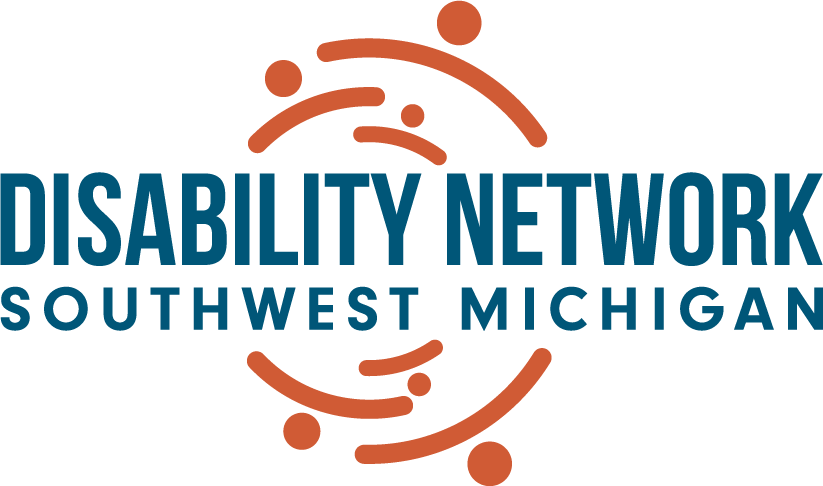
Michigan’s Open Meetings Act (OMA) requires that all state and local public meetings (such as governmental boards and commissions) be held in person and that voting members of the governing body must be present to vote. The only exception to this requirement is for members of the military who are permitted to both attend and vote remotely.
The requirement of in-person attendance unduly discriminates against people with disabilities who may be unable to attend in person or for whom it would create undue risk to their health and wellbeing. As many as 1,797,660 (18%) of Michigan residents have a disability, yet the OMA excludes many people with disabilities from participating in their state and local governing bodies, leaving the disability community largely unrepresented in state and local policy-making proceedings.
In early 2020, with the onset of COVID-19, the OMA was temporarily modified to allow everyone virtual participation in public meetings. This modification expired on December 31, 2021, requiring all public meetings to return to in-person participation with the same single exception of those in military service. It seems incredulous that when everyone’s health was at risk an exception was made to accommodate the masses, but when that risk passed, there was no consideration given to those who live with the risk on an ongoing basis.
A Solution has been proposed
On February 1, 2022, State Sen. Sean McCann introduced Senate Bill 0854 which would amend Michigan’s OMA to add a medical condition including injury, disability, or other health-related condition to the circumstances requiring accommodation for remote participation. Senate Bill 0854 would bring the OMA into alignment with the Americans with Disabilities Act by providing reasonable accommodations for all who need them.
Extending the OMA’s exception to the in-person requirement to include people with disabilities requires no additional expense or hardship for the governing bodies considering these two factors: 1) Most meetings have been successfully virtual, or partially virtual, for the duration of the COVID-19 pandemic; and 2) the OMA already requires a remote option for members of the military.
On February 4, Michigan Attorney General Nessel issued an opinion stating, “the Americans with Disabilities Act and Rehabilitation Act require state and local boards and commissions to provide reasonable accommodations, which could include an option to participate virtually, to qualified individuals with a disability who request an accommodation in order to fully participate as a board or commission member or as a member of the general public in meetings that are required by the Open Meetings Act to be held in a place available to the general public.” The time has come to end the discriminatory practice of excluding people with disabilities from having a place at the table – or virtual table. People with disabilities must have full access to participate in their local and state government. In the words of Attorney General Nessel, “Having a disability should not be a barrier for those who wish to participate in their state government.”
Ways you can DARE to Impact Change:
- Contact your Michigan State Senator (links on the right of this page) to encourage action on SB 0854 so that people with disabilities will be included in the exception allowing for the accommodation of remote attendance and participation in public meetings.
- Contact your local government leaders (such as City, Township, and County commissioners) to ask for their support in advocating for the passing of SB 0854 to create the option for remote access to local public meetings for people with disabilities. Although the OMA is a state law, it is also applied to local public meetings.
- Contact others in the disability community and propose a letter/email campaign at both the state and local level.
